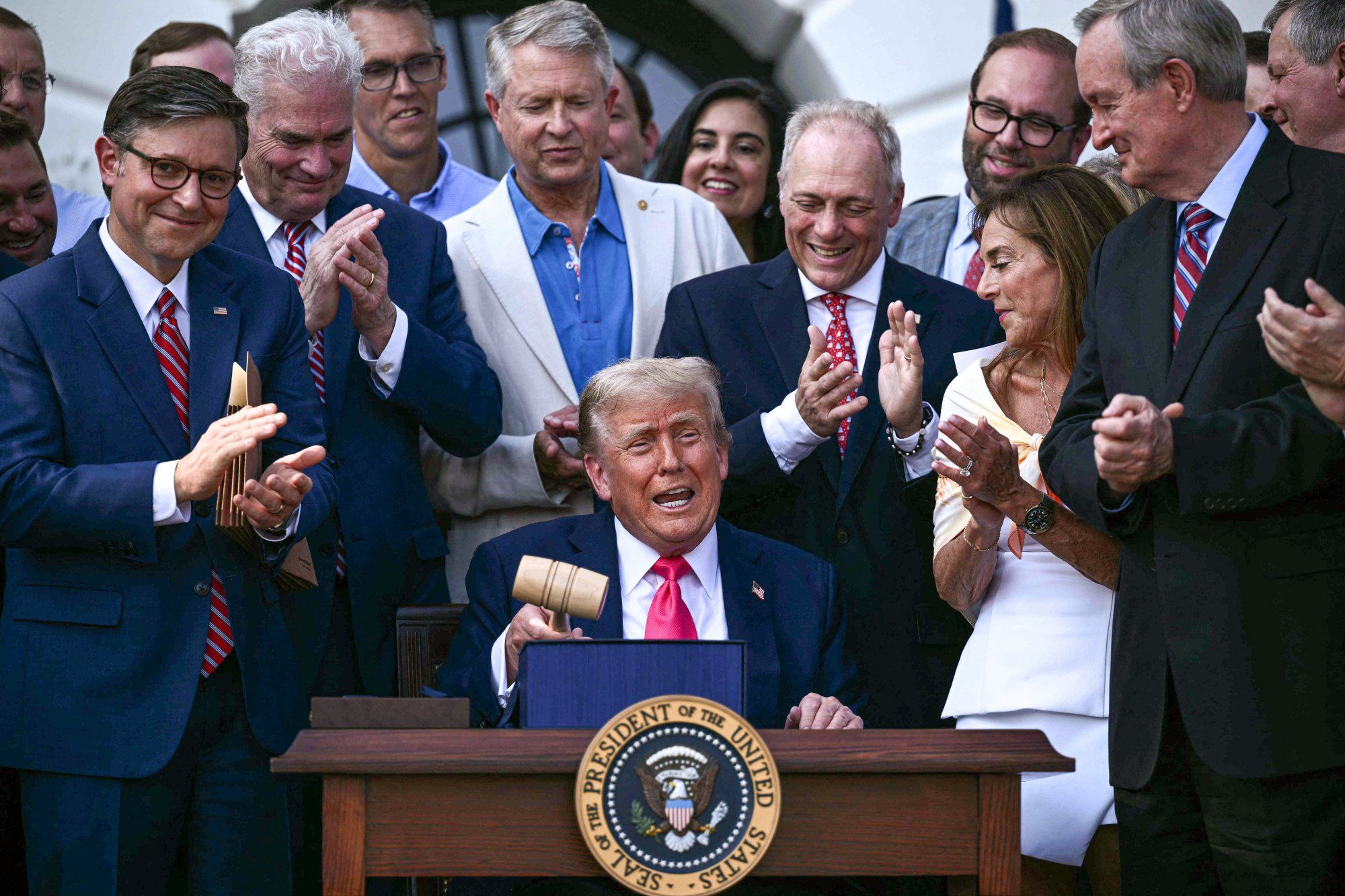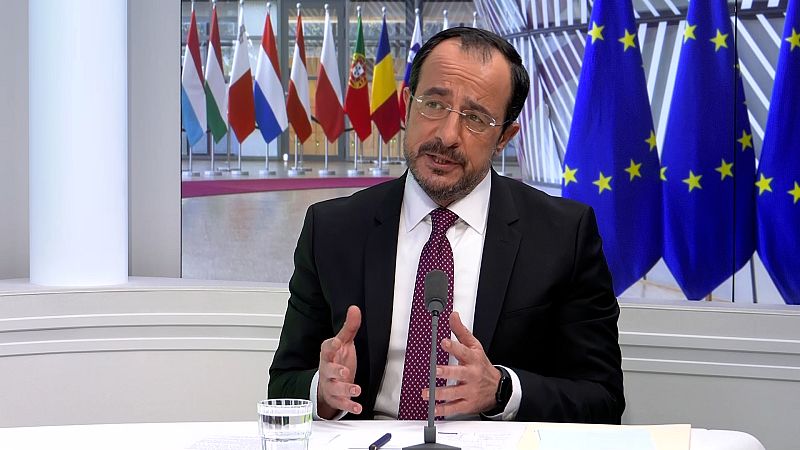The Role of China in the Global Energy Transition
Jeffrey Sachs, an esteemed American economist and director of the Centre for Sustainable Development at Columbia University, has long been a voice of reason in global economic and environmental discussions. As president of the UN Sustainable Development Solutions Network, he has advised numerous governments on economic transitions, debt crises, and poverty alleviation policies. His insights into the evolving dynamics between the United States and China offer a critical perspective on the future of global trade, technology, and energy.
Sachs highlights that China is emerging as a pivotal player in the global energy transition to zero-carbon energy. This shift is particularly significant in markets outside the traditional Western economies of the US and Europe. He emphasizes that China’s role in this transition is not just about domestic development but also about shaping the future of global sustainability through its partnerships with developing nations.
Trade Relations Between the US and China
The recent tariff truce between the US and China is set to end in August, raising concerns about the future of their trade relations. Sachs notes that while the US initially attempted to impose its will on China, the rare earths threat forced a reconsideration. He predicts that both sides will maintain some level of trade restrictions, but full-scale conflict is unlikely due to mutual economic interests. However, he warns that the US’s unpredictable leadership under Trump poses challenges, as agreements are often short-lived.
Sachs advises China to focus less on the US market and more on expanding its exports to Africa, Southeast Asia, South Asia, and Latin America. These regions represent significant growth opportunities and align with China’s broader strategy of fostering global partnerships beyond the West.
The Impact of the US Midterm Elections
Looking ahead, Sachs forecasts that the Democrats will likely regain control of one or both houses of Congress during the midterm elections. Despite this, he argues that Trump’s executive decrees will continue to shape policy, highlighting the weakening of the US political system. He criticizes the current state of governance, describing it as a form of soft dictatorship where the president operates with limited checks and balances.
Sachs also points out the deep polarization within the US, noting that most Americans are dissatisfied with the direction of the country. He believes that institutional failures, rather than individual leaders, are the root cause of this discontent.
The One Big Beautiful Bill and Its Consequences
The recent legislative efforts in the US, referred to by Sachs as the “One Big Beautiful Bill,” have been criticized for exacerbating budget deficits and undermining progress in green technologies. He argues that the bill favors the wealthy while cutting healthcare benefits for the poor, creating a stark divide in society. Additionally, it signals a retreat from US leadership in renewable energy and digital innovation, which could benefit China significantly.
The Relationship Between Trump and Silicon Valley
Despite the public feud between Trump and billionaire Elon Musk, Sachs suggests that the relationship between Silicon Valley and Washington remains intact. He explains that the Pentagon relies heavily on tech companies for AI and space exploration, regardless of personal conflicts. This underscores the complex interplay between political figures and corporate interests in shaping US foreign policy.
China-US Relations and the Deep State
Sachs discusses the lack of a coherent foreign policy strategy from the US, particularly in relation to China. He argues that the US is struggling to maintain its dominance in a multipolar world, where emerging economies like China are gaining influence. The so-called “deep state” — comprising military, intelligence, and industrial interests — plays a significant role in shaping US foreign policy, often independent of presidential changes.
This entrenched system, according to Sachs, continues to drive aggressive policies against China and Russia, despite the potential for conflict. He warns that such actions could lead to disastrous outcomes, as seen in the Ukraine war, where US arrogance contributed to escalation.
Strategic Advice for China
In light of these challenges, Sachs offers strategic advice to China. He urges the country to focus on building strong partnerships with non-Western nations, particularly in Asia, Africa, and Latin America. These regions represent the next frontier for China’s economic growth and technological leadership.
He also advocates for the expansion of the Belt and Road Initiative, emphasizing the importance of regional cooperation through organizations like ASEAN, the African Union, and CELAC. By strengthening infrastructure and trade links, China can play a central role in the global energy transition.
The Future of the Post-War World Order
As the world commemorates the 80th anniversary of the end of World War II, Sachs outlines three potential scenarios for the future. The first envisions a multilateral world led by a reformed United Nations, promoting peaceful resolution of conflicts and shared global leadership. The second scenario involves Western protectionism and division, while the third risks chaos from climate change and geopolitical tensions.
Sachs hopes for the first scenario, where all major powers collaborate for the common good. He calls on the US and Europe to embrace a cooperative approach, ending provocative actions like NATO expansion and arms sales to Taiwan. In his view, the future of global stability depends on mutual respect and shared responsibility.










